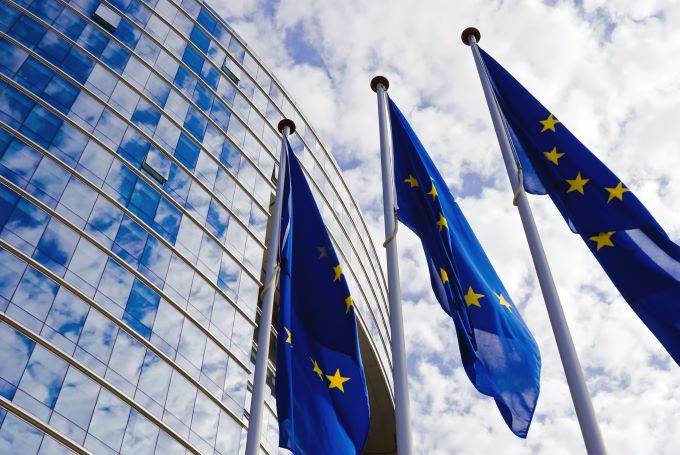 Estonian central bank chief Madis Müller said that the ECB should be more flexible regarding its inflation target
Estonian central bank chief Madis Müller said that the ECB should be more flexible regarding its inflation target
“One could imagine that under some circumstances we are OK with some flexibility around 2%, maybe bigger than so far,” he told to Reuters, “Maybe, in this case, we would not need to be as aggressive with our policies. We could be more flexible and not chase that goal at any price,” he added.
Instead of a specific inflation target, Müller suggested that the bank should aim for a band instead. He also added that the bank should determine whether it has lost control over inflation or not.
The ECB is currently amid a review of its policy, which has not changed since 2003. The results of such a review are expected to be released by the end of next year.
ECB's Coeure Claims that the Bank is Politicised
Meanwhile, the European Central Bank Official Benoit Coeure told a newspaper that lack of coordination in the fiscal sense makes Eurozone countries to rely on the ECB to fix their problems, causing the ECB to become a politicized entity.
“The politicization of the ECB results from the weakness of the political pillar of Economic and Monetary Union,” he said, “The lack of coordination in the fiscal domain means that we are the ones who are doing the work,” he added.
Coeure explained that this political weakness is the main cause behind the excessive expectations projected onto the ECB, which causes individuals and institutions to accuse the ECB of either doing too much or being undemocratic.
“Some people accuse the ECB of doing too much and of not being democratic enough, but the excessive expectations projected onto the ECB are only a reflection of political weakness,” he explained.
It's not the first time someone mentions that the ECB is politicized. The accusation is common, especially given that the ex-ECB president Mario Draghi called for certain Eurozone members to employ fiscal measures to aid the economic union.
Coeure insisted that the best course of action is establishing a common budget in the Eurozone as well as a central fiscal authority that would be able to make decisions regarding the budget. Otherwise, the consequences of not implementing such measures would be costly for the union.
“For as long as that is not in place, we will have to cross our fingers and hope that no crisis occurs,” he added.
By 12:42 GMT the Euro went up against the US dollar by 0.19 percent, hitting the 1.1163 level. Conversely, it rose against the Swiss Franc and the Japanese Yen, gaining 0.07 and 0.30 percent respectively/
